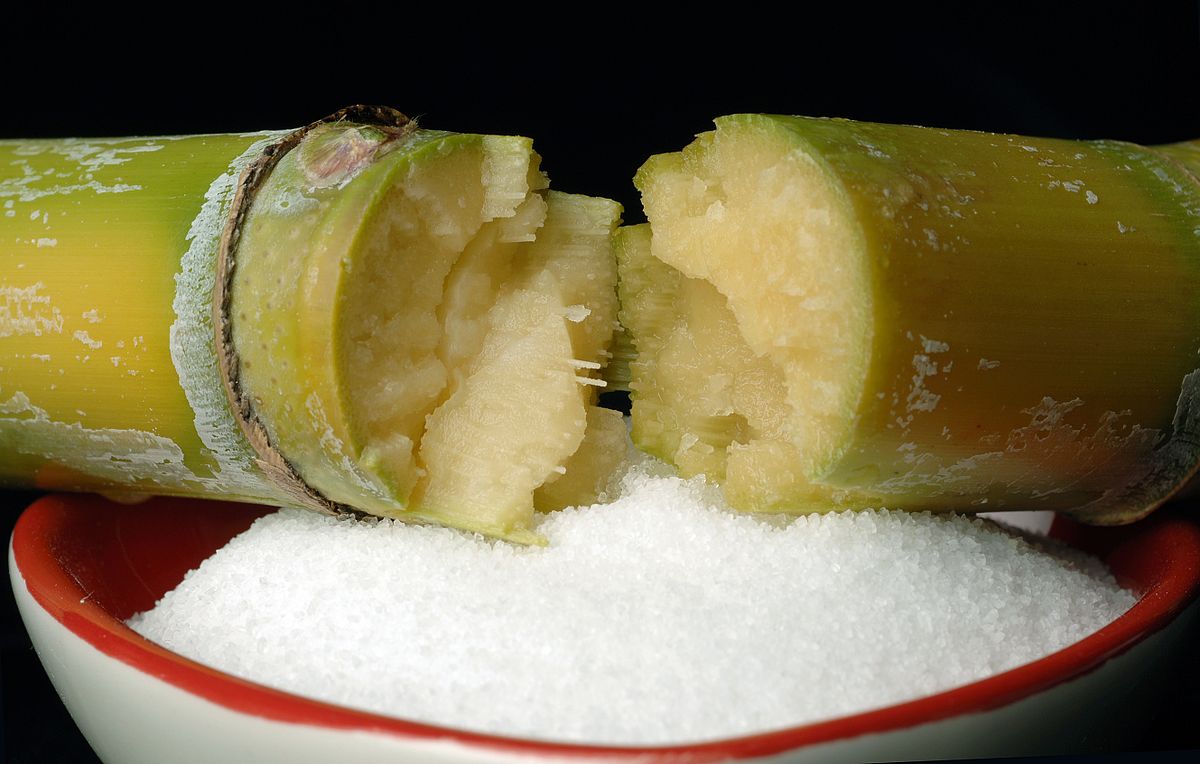Exploring Eco-Friendly Cane Sugar Processing Chemicals
Exploring Eco-Friendly Cane Sugar Processing Chemicals
Blog Article
Navigating Regulatory Compliance and Sustainability With Cutting-Edge Cane Sugar Processing Chemicals in the Chemical Export Market

Regulatory Landscape Overview
In the world of walking stick sugar handling chemicals within the chemical export industry, comprehending the regulative landscape is paramount for making sure compliance and sustainable operations. Regulatory bodies such as the Epa (EPA) and the Fda (FDA) play a critical function in overseeing the manufacturing, import, and export of these chemicals. Compliance with regulations stated by these bodies is not only a legal demand yet also crucial for keeping public wellness and ecological safety and security standards.
Governing structures regulating walking stick sugar processing chemicals include a wide variety of facets, consisting of labeling requirements, permitted levels of certain substances, and guidelines for risk-free handling and disposal. For chemical exporters, this indicates sticking to rigorous documents procedures, high quality control steps, and routine audits to demonstrate adherence to these laws.

Sustainable Walking Cane Sugar Chemical Innovations

One prominent area of advancement is the growth of environmentally friendly chemicals that minimize water and power intake during the sugar handling phases. By implementing these sustainable services, firms can decrease their carbon footprint while keeping high levels of performance. In addition, developments in naturally degradable chemicals are gaining grip, supplying a much more environmentally friendly option to standard handling agents.
Furthermore, the integration of sustainable energy resources in the manufacturing procedure is becoming a lot more widespread, further enhancing the sustainability profile of walking stick sugar handling. By welcoming these lasting cane sugar chemical developments, firms can not only meet regulative needs yet likewise show a dedication to ecological responsibility in the chemical export market.
Compliance Obstacles in Exporting Chemicals
Navigating regulatory frameworks postures significant challenges for chemical merchants, calling for careful interest to conformity criteria and global laws. Exporting chemicals includes adherence to a complicated important source web of laws official source that vary from nation to nation. Among the key compliance challenges encountered by chemical exporters is ensuring that the items meet the specific governing demands of the importing nation. This consists of acquiring the essential permits, qualifications, and paperwork to demonstrate the safety and legitimacy of the chemicals being exported.
Additionally, chemical merchants must stay abreast of continuously evolving laws and criteria connected to chemical production, transportation, and handling. Failing to follow these regulations can result in severe consequences, including penalties, lawful action, and reputational damage. In addition, browsing profession limitations, permissions, and export control regulations adds another layer of complexity to the compliance landscape for chemical merchants.
To reduce these difficulties, chemical merchants need to purchase robust compliance programs, carry out regular audits, and involve with regulative authorities to ensure an extensive understanding of the appropriate legislations and guidelines. By prioritizing conformity and remaining proactive in addressing regulatory obstacles, chemical exporters can navigate the complexities of worldwide profession successfully.
Ecological Effect of Walking Cane Sugar Processing
The environmental implications of cane sugar handling are a vital aspect calling for extensive assessment in the chemical export sector. Cane sugar handling can have considerable ecological influences at various phases of production. One of the key concerns is the generation of large quantities of wastewater having raw material, suspended solids, and chemicals used in the handling plants. This wastewater, otherwise effectively treated, can pollute water bodies, harm marine life, and break down general water quality. Furthermore, the burning of sugarcane fields prior to collecting, an usual technique why not try here in some regions, releases harmful air pollutants and greenhouse gases into the environment, adding to air quality issues and environment adjustment.
Furthermore, the substantial usage of chemicals and fertilizers in sugarcane growing can lead to dirt destruction, water contamination, and damage to non-target microorganisms. It is essential for chemical merchants associated with the cane sugar processing sector to execute sustainable practices, invest in advanced wastewater treatment modern technologies, advertise liable farming methods, and stick to strict environmental regulations to decrease the adverse ecological influence of their operations.
Future Trends in Sustainability Practices
What ingenious approaches are chemical exporters in the walking cane sugar handling sector taking on to improve sustainability practices for the future? One popular pattern is the shift in the direction of establishing and utilizing environment-friendly chemicals in the handling of walking cane sugar - Cane Sugar Processing Chemicals.
One more key trend is the implementation of sophisticated technologies such as automation and data analytics to maximize resource usage and reduce waste generation. By utilizing the power of information and automation, chemical exporters can streamline their procedures, enhance energy efficiency, and improve overall sustainability efficiency.
Furthermore, collaborations and collaborations with sustainability-focused organizations and stakeholders are ending up being significantly typical. By functioning with each other, chemical exporters can trade expertise, share finest methods, and collectively drive innovation in the direction of even more sustainable walking stick sugar handling methods. Welcoming these patterns will not just profit the atmosphere however additionally guarantee long-term success and competition in the market.
Conclusion
In conclusion, the chemical export market need to navigate intricate regulatory landscapes and sustainability challenges when processing cane sugar. Innovations in walking cane sugar processing chemicals are essential to satisfying compliance criteria and minimizing environmental influence. As the industry proceeds to develop, it is essential for companies to take on sustainable methods and stay ahead of future fads to guarantee lasting success.
In the world of cane sugar handling chemicals within the chemical export market, comprehending the regulatory landscape is extremely important for making certain conformity and sustainable operations.Exploring ingenious techniques in the development of lasting walking stick sugar chemical options is vital for advancing environmental stewardship in the chemical export sector. Companies are significantly spending in research and advancement to produce sophisticated walking stick sugar processing chemicals that not only guarantee high efficiency in sugar production but likewise stick to strict sustainability standards.
Furthermore, chemical exporters need to stay abreast of continuously advancing standards and policies related to chemical handling, manufacturing, and transportation - Cane Sugar Processing Chemicals.The ecological ramifications of cane sugar processing are an important facet requiring detailed assessment in the chemical export sector
Report this page